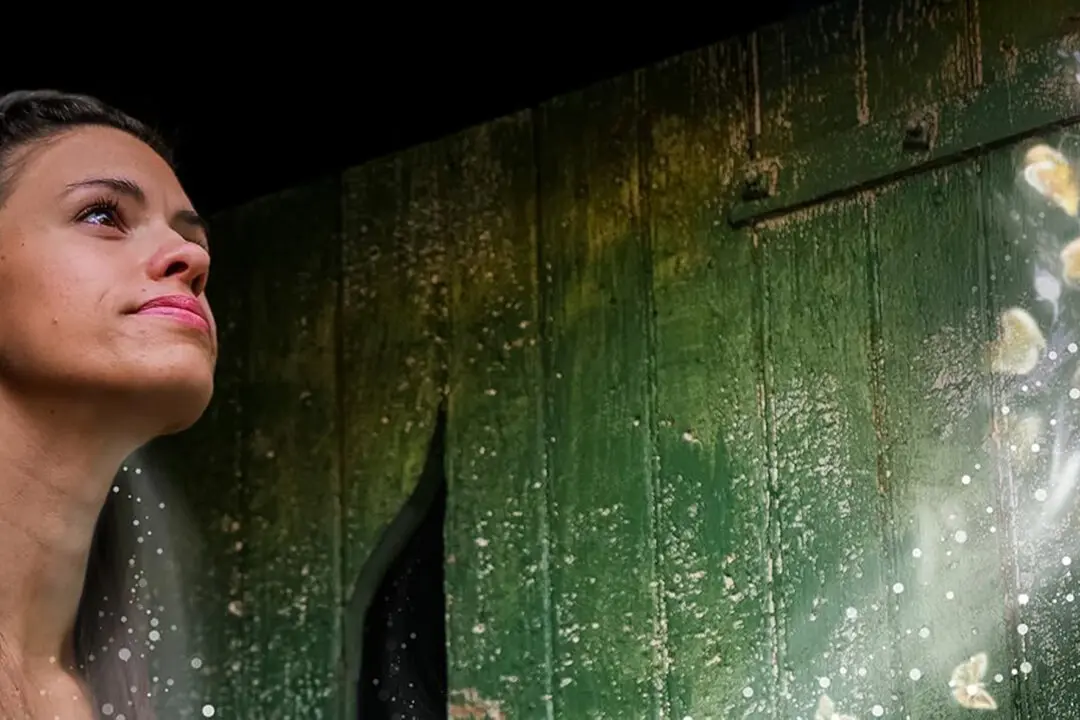1957 | Approved | 1h 56m | Crime, Drama, Mystery
Blame it on Perry Mason. No, not the character or the actor who played him, but on the TV series of the same name. Episodes were broadcast ad nauseam while I was growing up. It somewhat spoiled the entire legal drama/thriller genre for me, for years to come.





